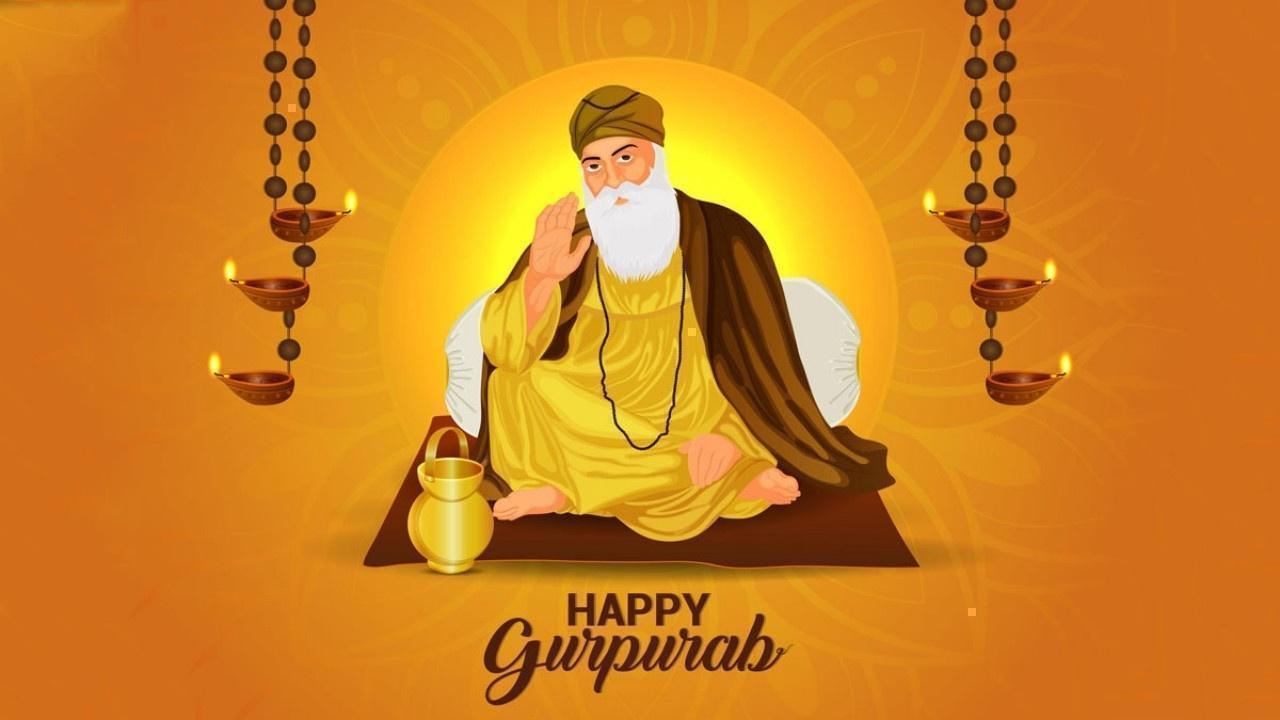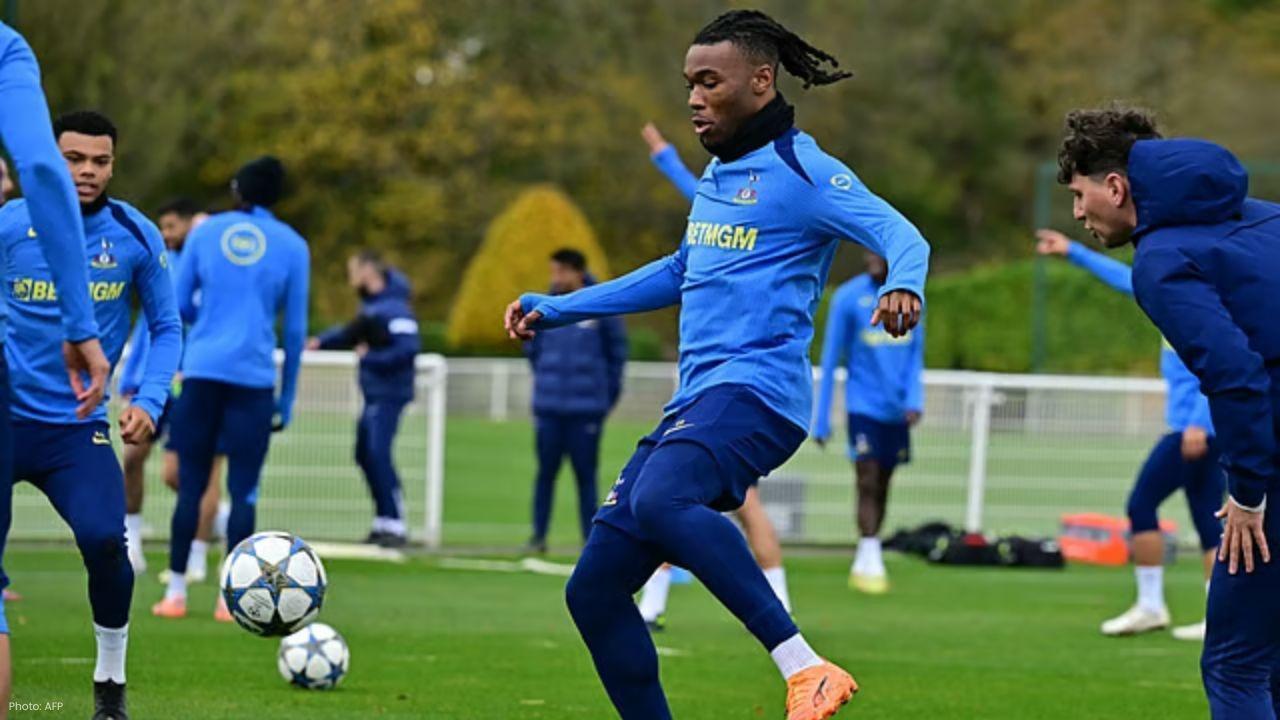
Post by : Anis Al-Rashid
Guru Nanak Jayanti, commonly known as Gurpurab, commemorates the birth of Guru Nanak Dev Ji, the founder of Sikhism. Observed each year with religious services and public gatherings, the day highlights the Guru’s core messages of equality, humility, compassion and devotion to one God.
The celebration combines worship, music and community service. Sikhs worldwide mark the occasion with prayer meetings, kirtans (devotional hymns), processions and communal kitchens, reinforcing teachings that continue to resonate across cultures.
Born in 1469 in Rai Bhoi Ki Talwandi (present-day Nankana Sahib, Pakistan), Guru Nanak emerged during an era of rigid social divisions. His teachings challenged hierarchical structures and called for social reform, urging people to live honestly, serve others and recognise the unity of humanity.
Even in youth, Guru Nanak questioned exclusionary practices and emphasised a direct relationship with the Divine rather than ritual alone. His extensive travels, or Udasis, carried his message across South Asia and beyond, promoting social justice and interfaith respect.
Key principles promoted by Guru Nanak include:
Ek Onkar: Faith in one formless, universal God.
Equality: Opposition to discrimination based on caste, gender or creed.
Seva: Selfless service to others as a spiritual practice.
Honest Livelihood: Leading an ethical, diligent life to sustain oneself and family.
These principles remain central to Sikh identity and outreach worldwide.
Gurpurab falls on Kartik Purnima, the full moon day of the Hindu lunar month Kartik, usually in November. In 2025 the main observances span several days, centred on prayers, kirtans and community activities.
Preparations include cleaning and decorating gurdwaras, organising continuous scripture readings, arranging langar and scheduling devotional music sessions that bring communities together.
An Akhand Path — an uninterrupted reading of the Guru Granth Sahib — is commonly held in the days before Gurpurab. The continuous recitation, typically completed within about 48 hours, is an act of devotion and reflection.
Public processions, or Nagar Kirtans, are a hallmark of the festival. Led by the Panj Pyare, participants sing hymns, perform Gatka martial displays and often include floats depicting episodes from the Guru’s life.
Kirtans form the spiritual core of observances. Devotees gather to sing from the Guru Granth Sahib, using music as a vehicle for devotion and moral reflection.
Langar exemplifies the Sikh ethos of equality and service. Volunteers prepare and serve free meals to all visitors, regardless of background, reinforcing communal solidarity.
Gurdwaras and homes are illuminated and adorned with flowers. Evenings often continue with songs and prayers, creating a solemn yet celebratory atmosphere.
Major centres such as Amritsar, Delhi and other cities host large-scale events. The Golden Temple in Amritsar attracts significant pilgrim numbers and extensive illumination during Gurpurab.
Sikh communities across Canada, the UK, the United States, Australia and elsewhere observe Gurpurab with services, processions and service projects, ensuring the festival’s principles reach diaspora populations.
Gurpurab reaffirms the Guru’s challenge to social hierarchies, promoting inclusive practices that bring diverse groups together.
The festival encourages charitable acts — from running langars to donations and volunteer work — reflecting Sikhism’s practical commitment to aiding others.
Kirtans and readings offer devotees a chance for spiritual reflection, reinforcing values of humility, compassion and integrity.
Many gurdwaras now livestream prayers and kirtans, allowing wider participation for those unable to attend in person.
Recent celebrations increasingly adopt sustainable practices, such as reducing waste and using reusable materials during events.
Gurpurab often becomes an occasion for interfaith dialogue, with non-Sikh neighbours attending services and community meals, promoting mutual understanding.
Guru Nanak Jayanti is both a religious observance and a public demonstration of values centred on equality, service and ethical living. Through prayer, music and communal service, the festival reasserts teachings that continue to shape Sikh identity and inspire broader civic engagement.
This article provides general information about Guru Nanak Jayanti. For local practices and schedules, contact nearby gurdwaras or community organisations.










Zohran Mamdani Elected New York City Mayor; Victory Celebration Features Bollywood Hit
Zohran Mamdani wins NYC mayoralty, the city's first Muslim and South Asian mayor; victory rally even

Nita Ambani Cheers India’s Women’s World Cup Triumph
Nita Ambani celebrated India’s Women’s World Cup win with grace and elegance, cheering proudly in st

Victoria Mboko Wins Montreal and Hong Kong Titles
Teen tennis star Victoria Mboko wins Montreal and Hong Kong titles, defeating Grand Slam champions a

Suns Defeat Spurs 130–118, Booker Leads with 28 Points
Devin Booker scored 28 points and 13 assists as the Phoenix Suns ended the San Antonio Spurs’ unbeat

Wolves Remove Coach Pereira After Poor Premier League Run
Wolverhampton have dismissed manager Vitor Pereira after failing to win any of their first ten Premi

Travis Head Leaves T20 Squad For Ashes Preparation
Australia’s Travis Head leaves T20 series against India to join Sheffield Shield for red-ball practi